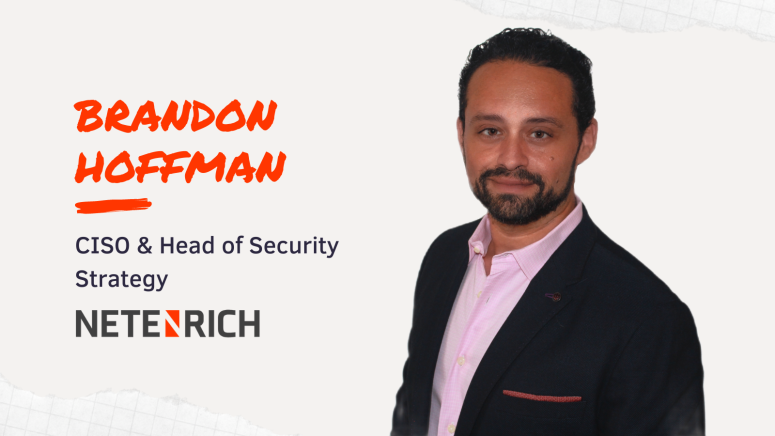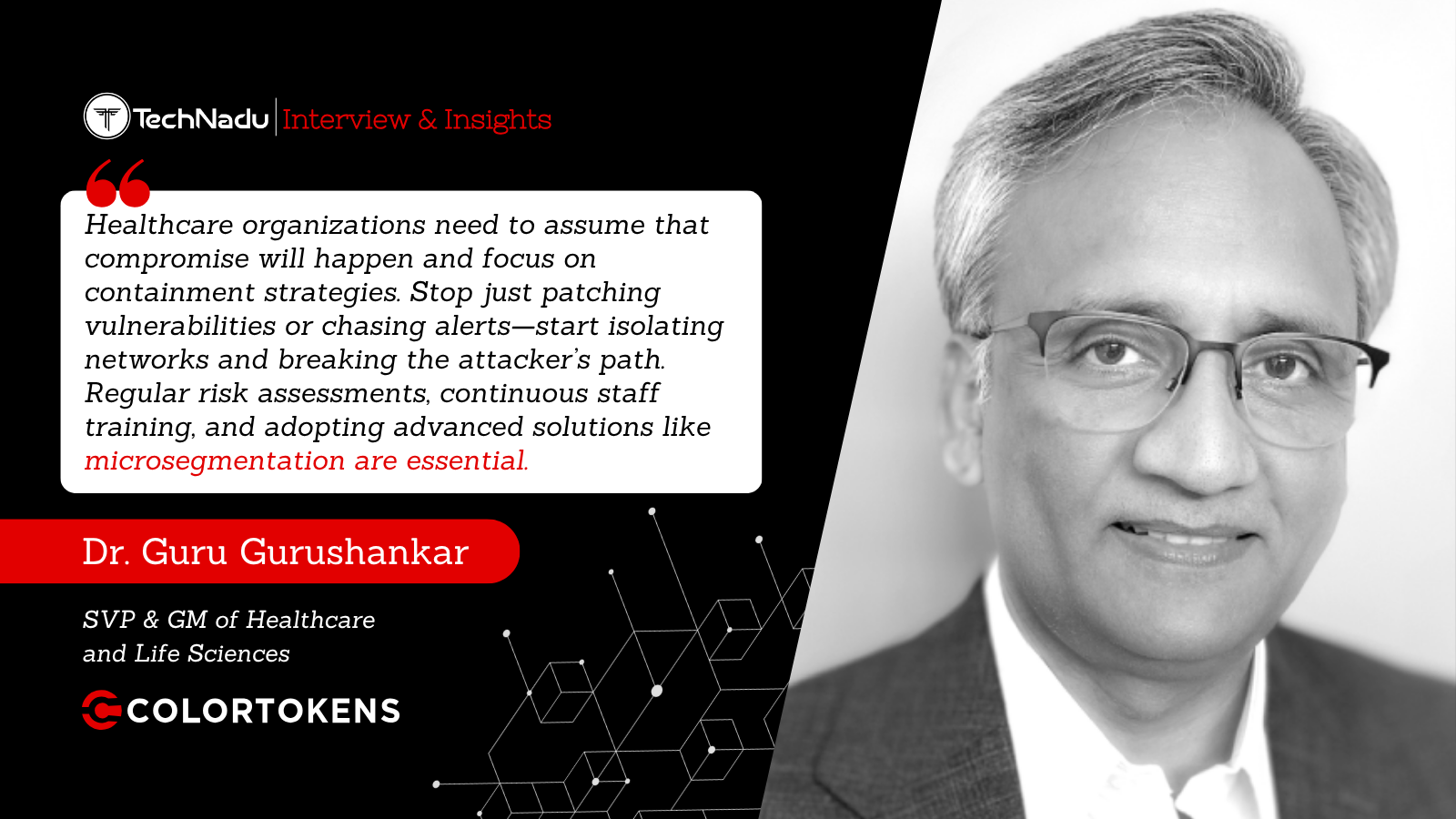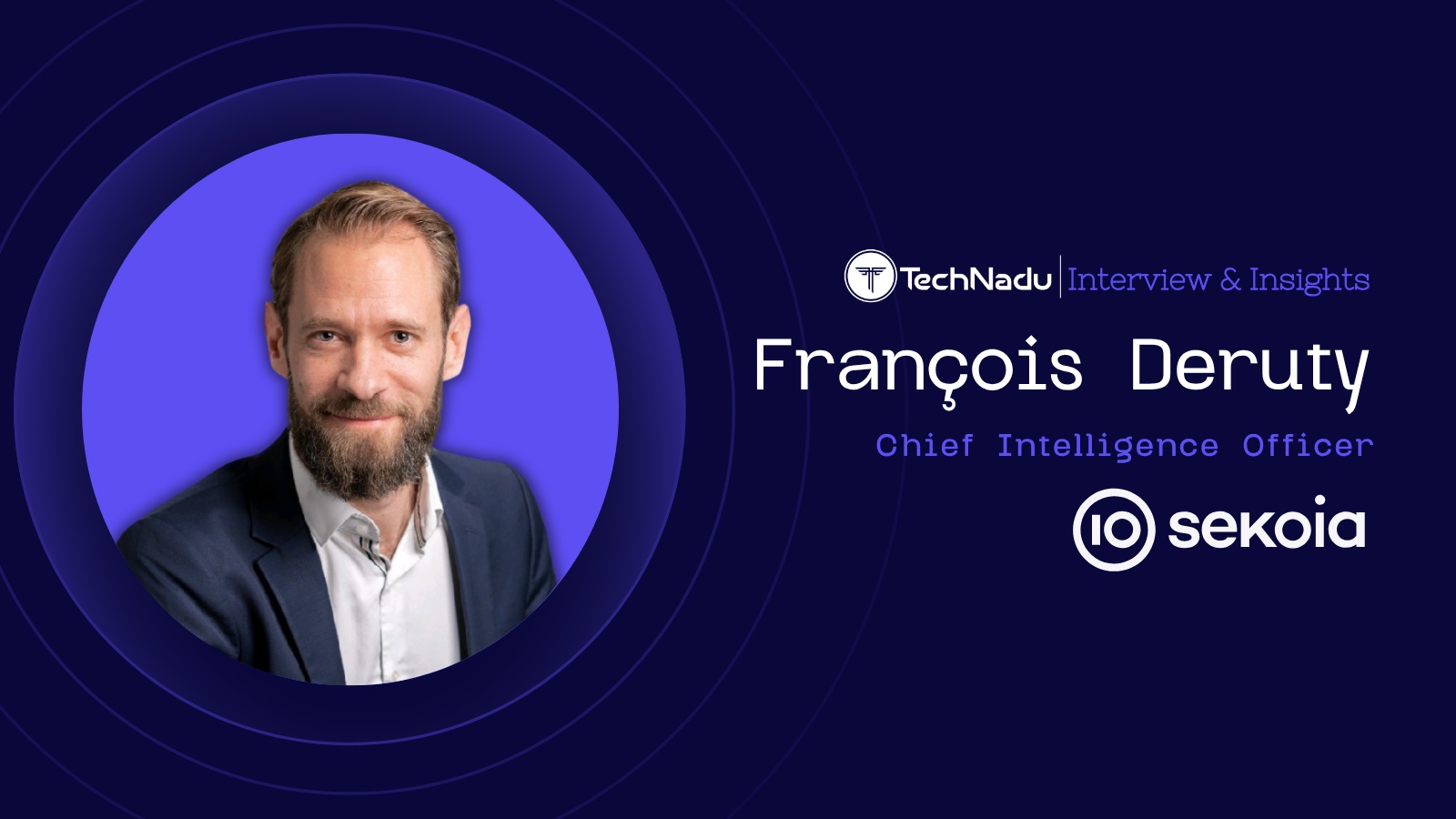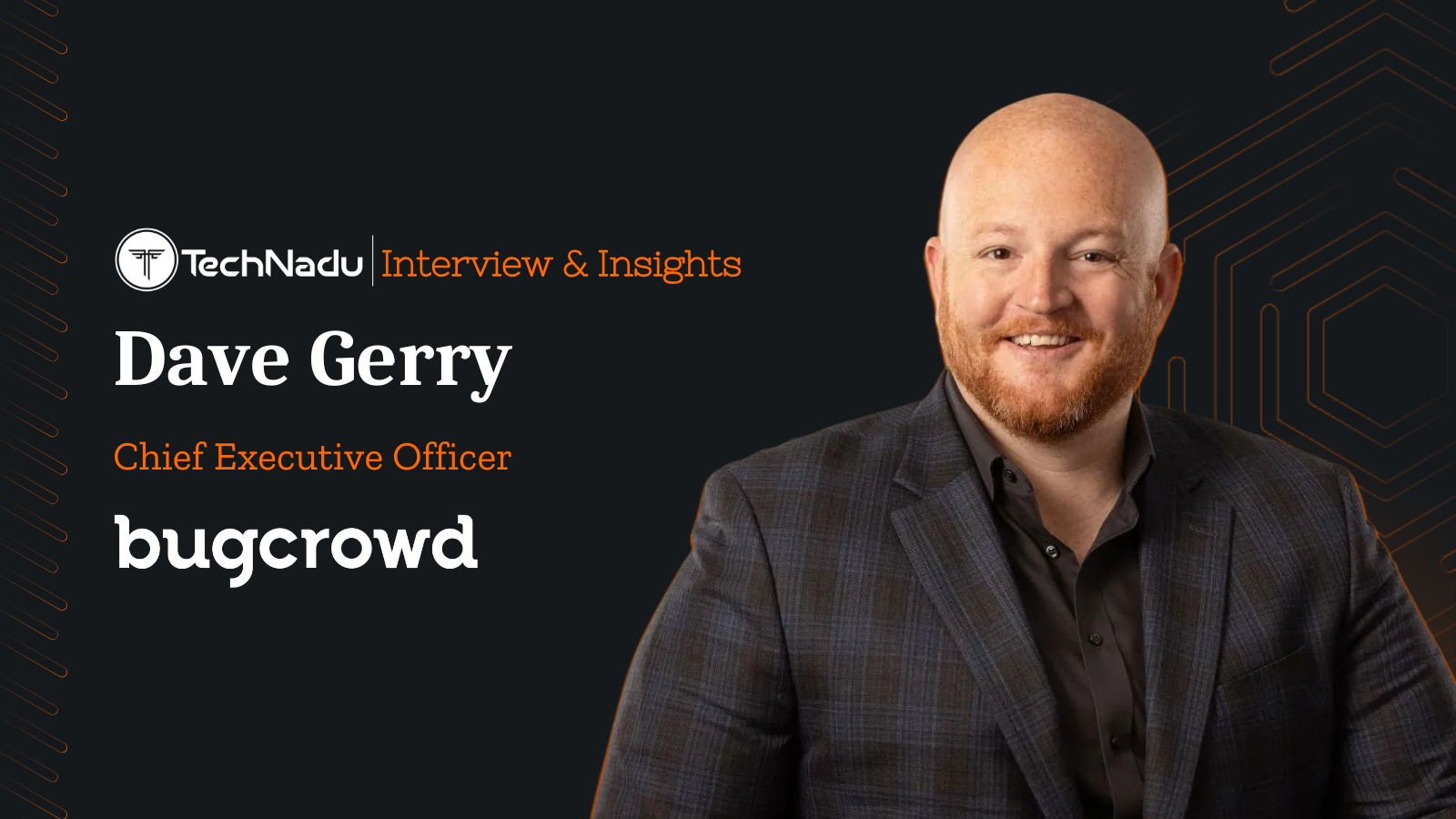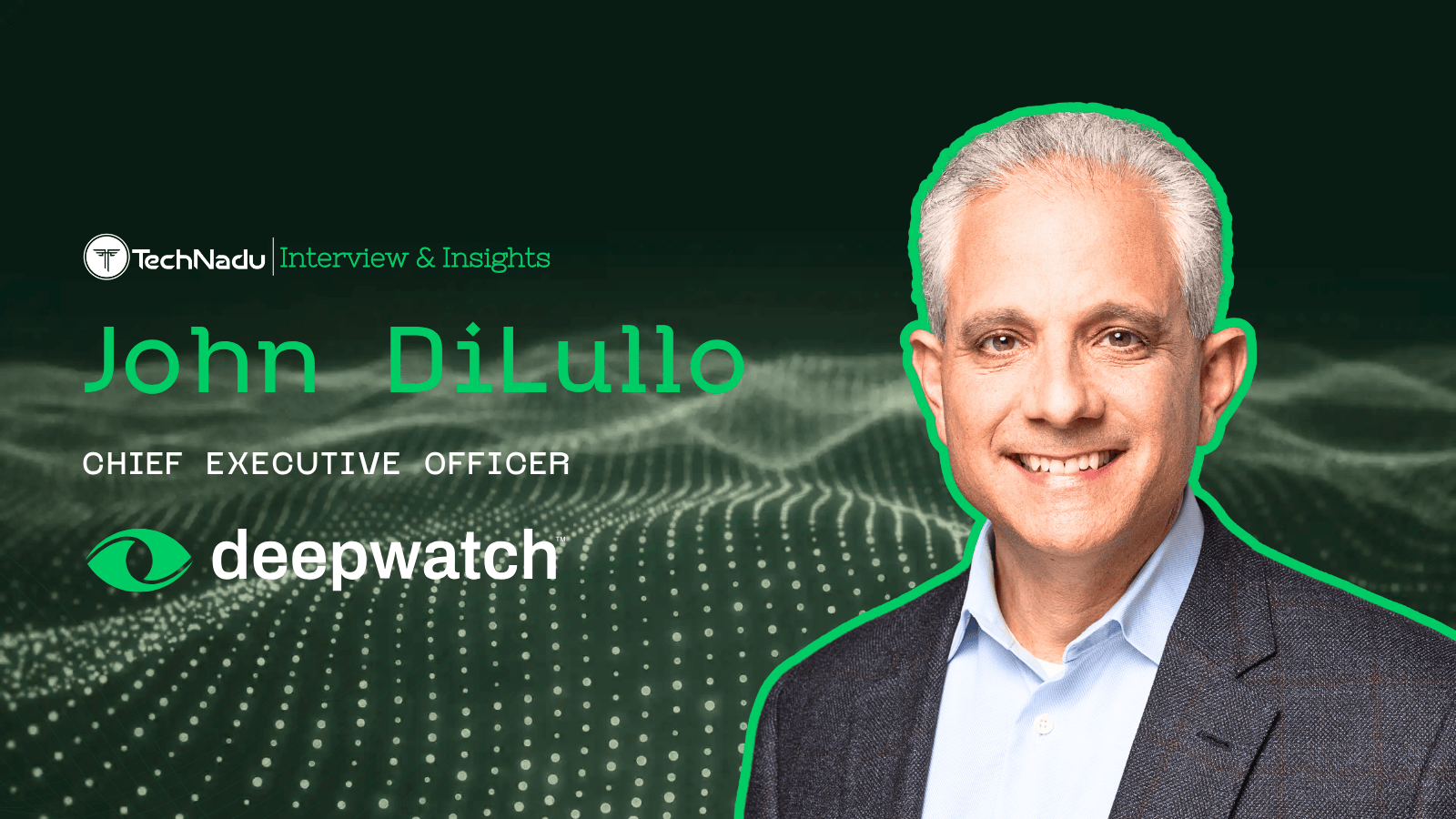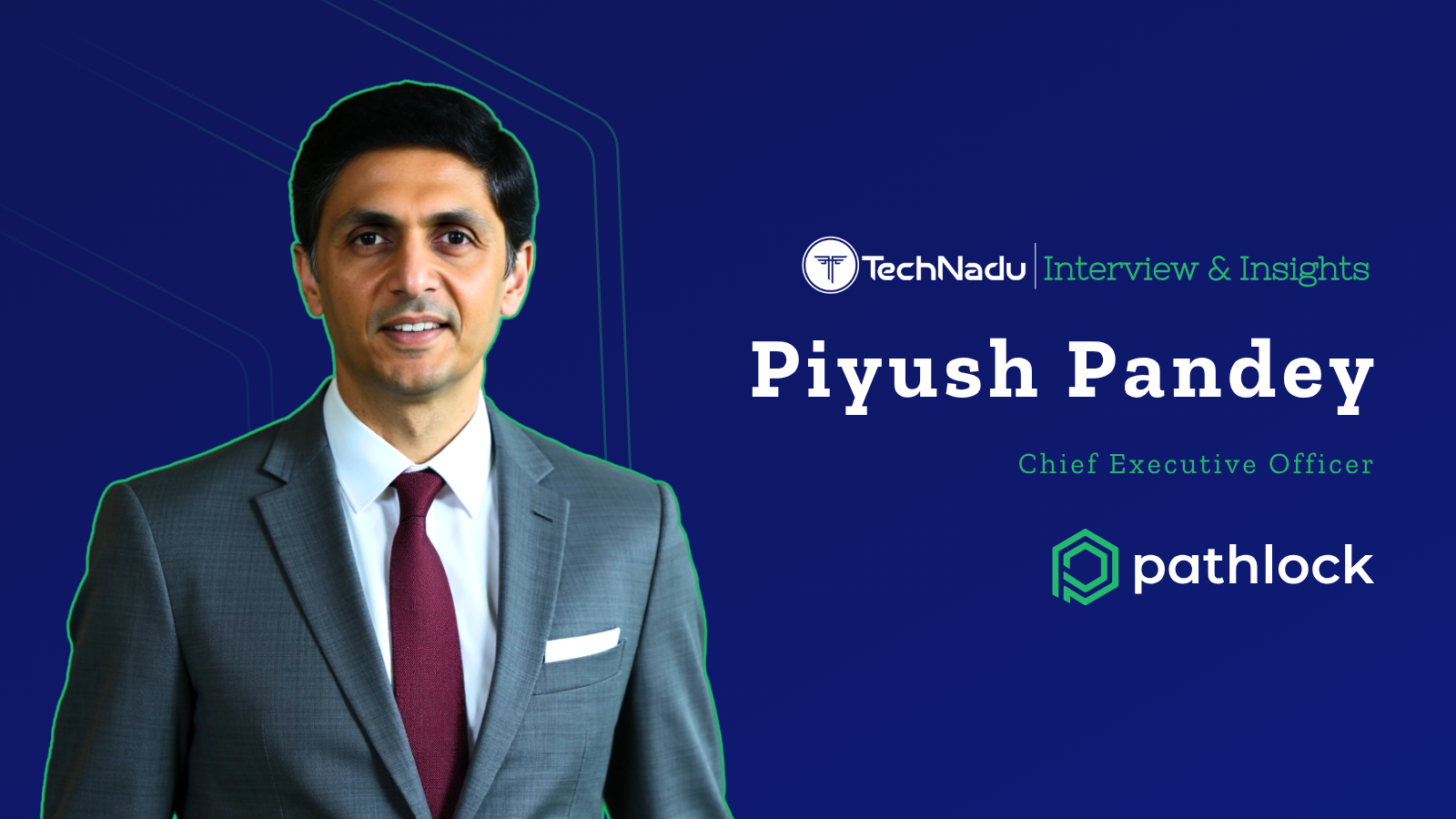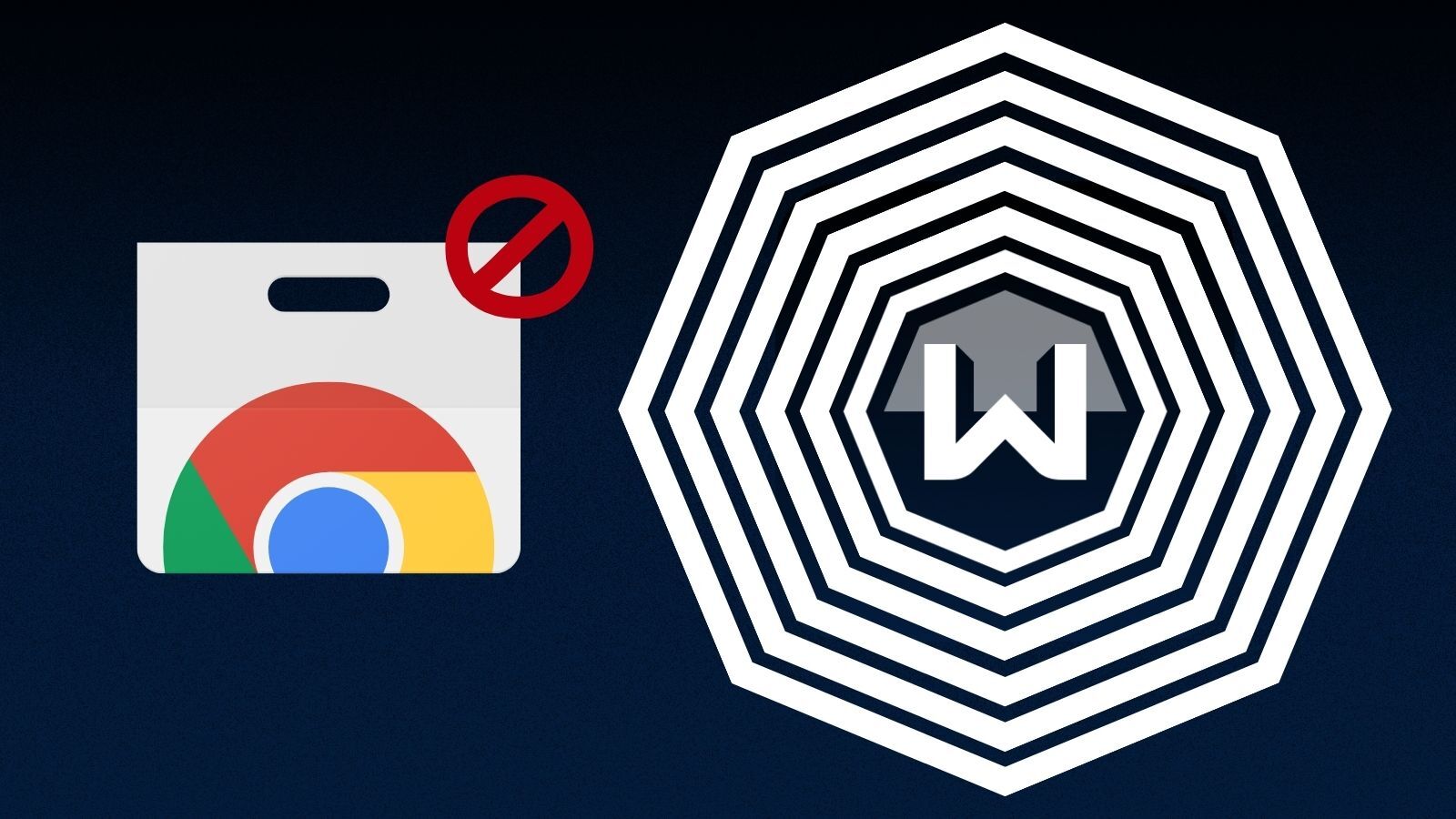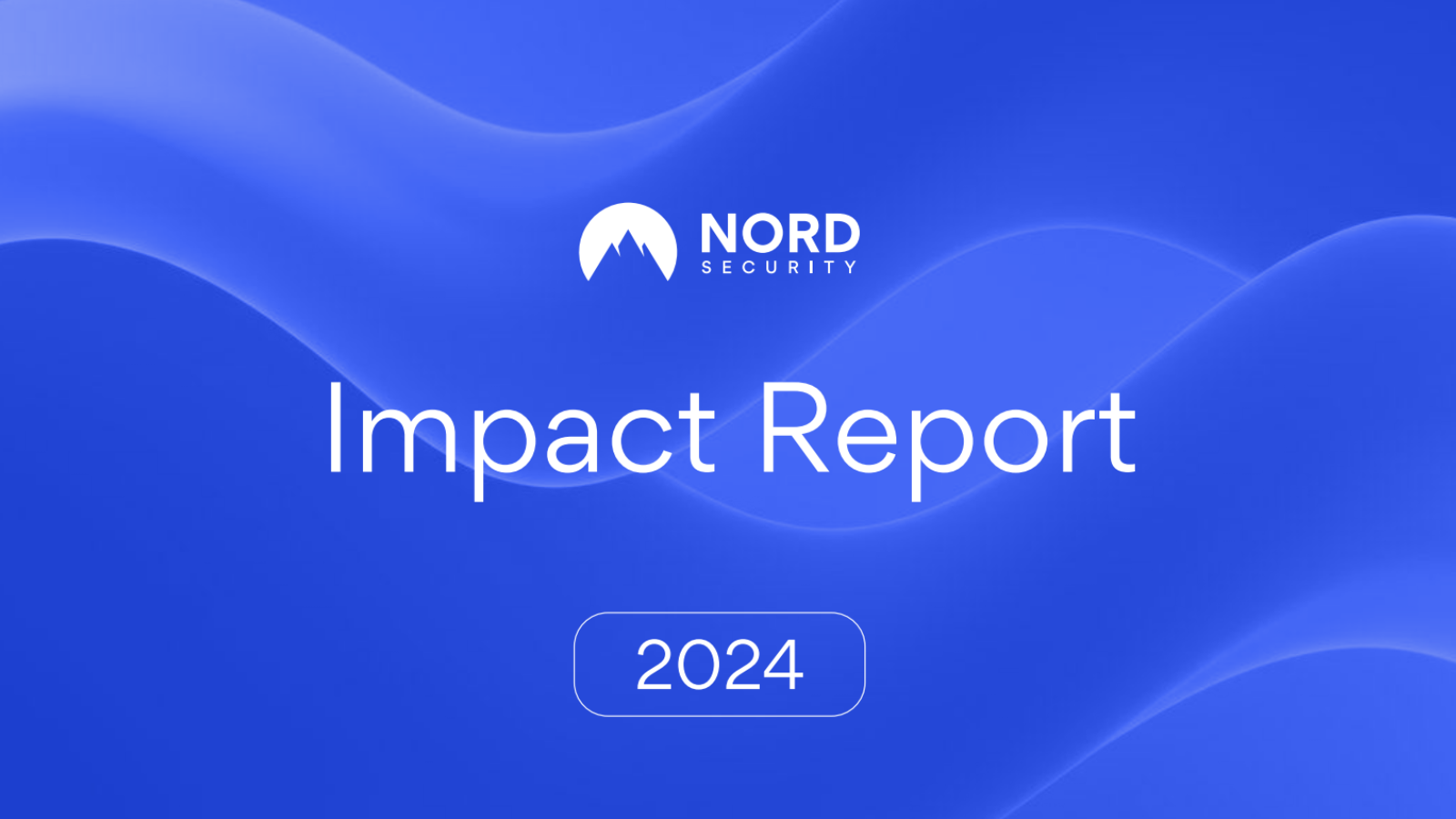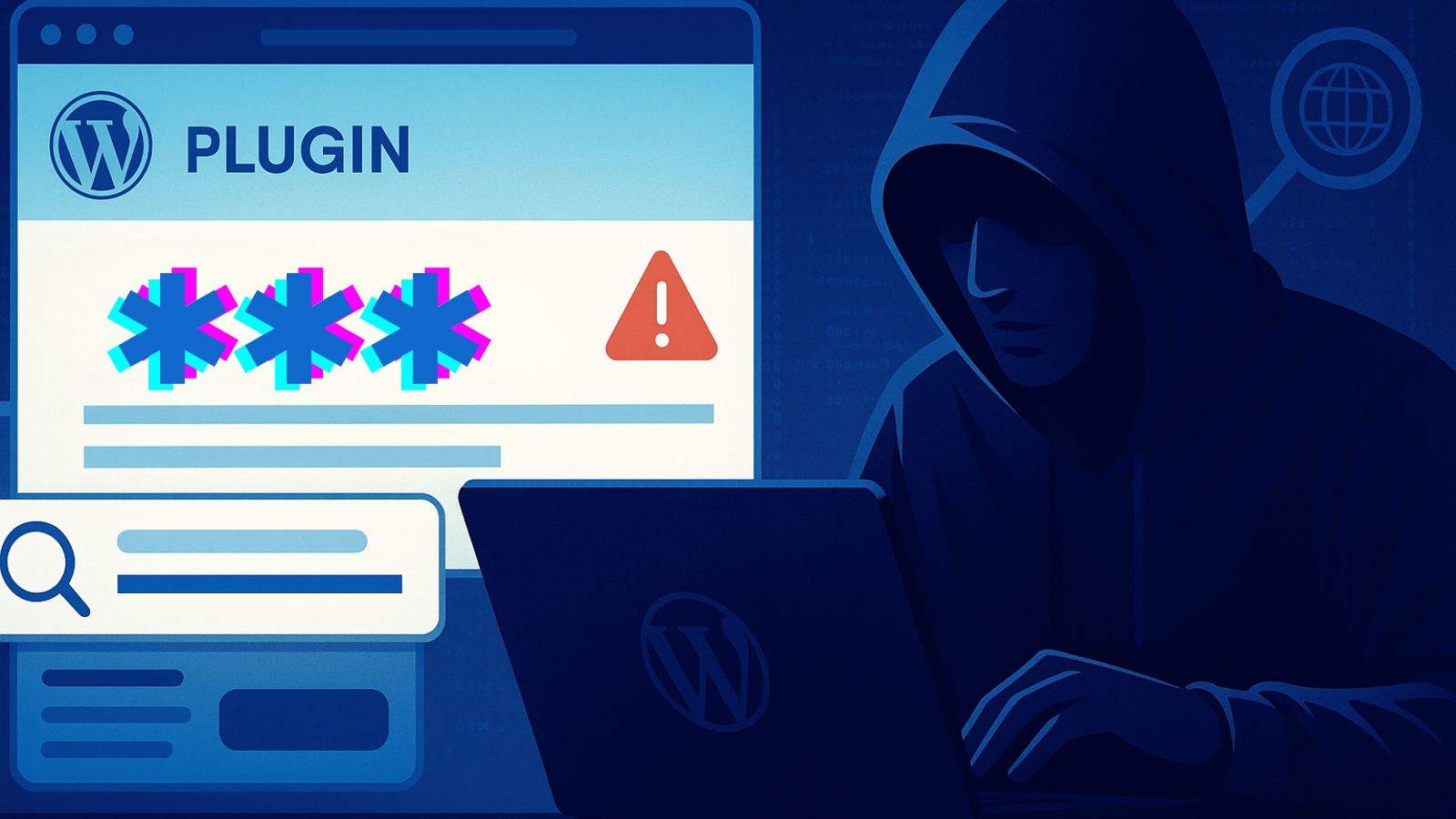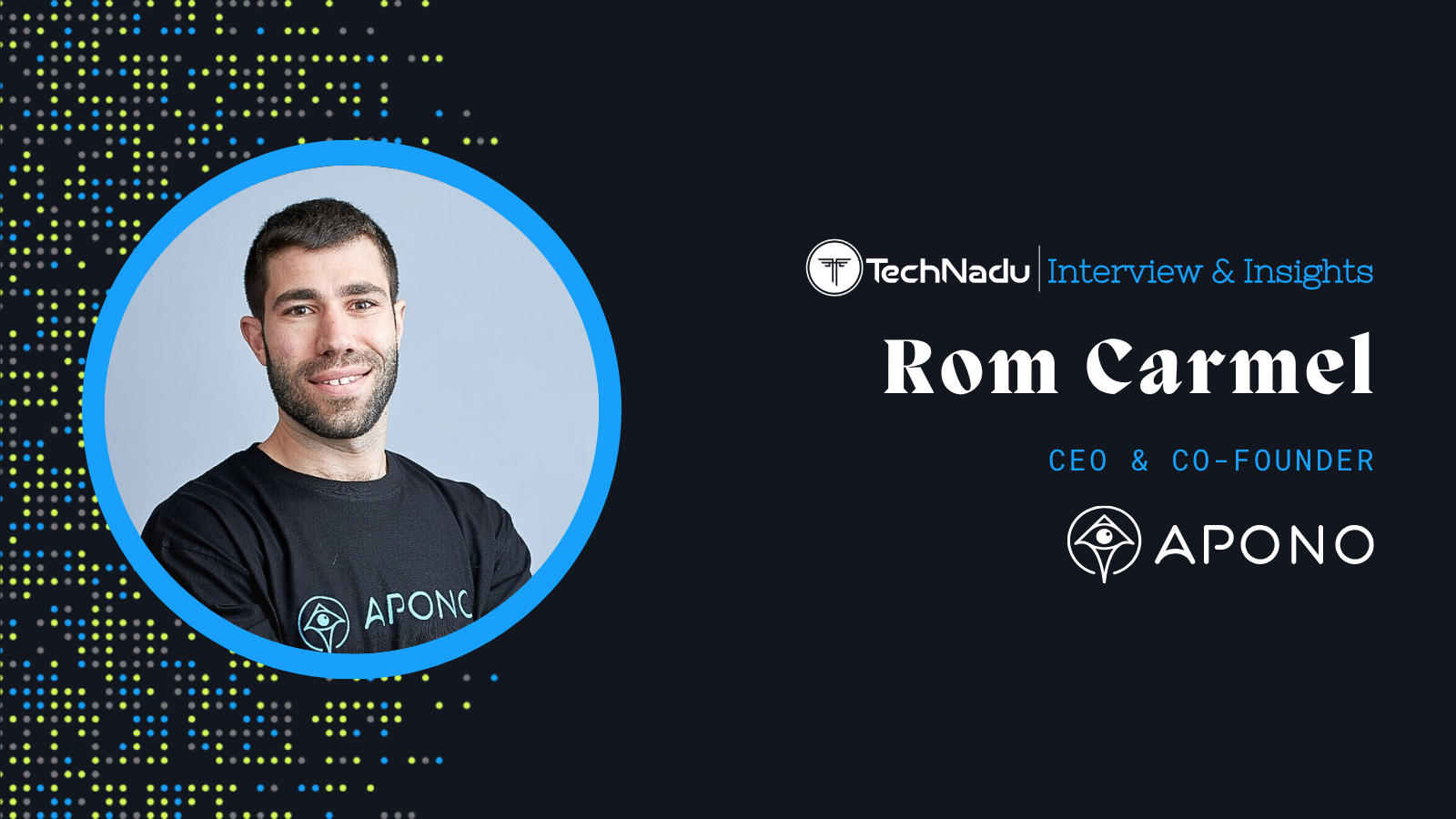
Brandon Hoffman, NetEnrich: AI Is No Replacement for People in Cybersec
NetEnrich is a Silicon Valley company that does its best to help other companies protect themselves from outside threats and more. For a few weeks now, the company has gained a new CISO and head of Security Strategy - Brandon Hoffman.
With a background in security, Hoffman now shapes the company’s security strategy, technical sales, and technology development. We wanted to pick his brain about the current cybersecurity threat landscape, the risks we all face, and how to mitigate them.
If you want to find out more about this, carry on and read our interview with Brandon Hoffman.
TechNadu: You’ve newly joined NetEnrich after working for several other security companies. What made you choose this company?
Brandon Hoffman: I chose NetEnrich because of the vision and technology strategy that is forthcoming. There are some really exciting tools and platforms being worked on here that I think will have a significant impact on security and IT as a whole.
TechNadu: What sets apart NetEnrich security tools from those offered by other companies?
Brandon Hoffman: There are a few things about the security tools NetEnrich has that sets them apart. First, the fact that they are all integrated into a bigger resolution focused platform beyond security. Second, they are all backed by a large team of expert/analysts that have been solving problems for customers for 10+ years. Why that’s important is that NetEnrich can take beyond just finding more issues and closer to actually resolving issues. Finally, much of this tribal knowledge and experience have been codified into these platforms to work in conjunction with our AI to provide a combination of human and machine intelligence, which allows these tools to work smarter and faster than others.
TechNadu: What are some of the biggest cyber threats we face nowadays?
Brandon Hoffman: Truthfully, I don’t think the threats have changed so much. In comparison, I don’t think the way these threats are executed has changed from a root cause perspective. Surely the motivations are more financial now than before, but that’s always been a part of it. And of course, the technology/methods/delivery mechanisms are a bit different. Yet, attackers are still taking advantage of the same issues: misconfigurations/shadow IT, people (phishing, credentials, etc.), unpatched/unreported vulnerabilities.
TechNadu: Do we see more activity from cybercriminals since Covid-19 has turned the world upside down?
Brandon Hoffman: Most definitely, we are, but the interesting part is the methods of attack that are gaining favor. As most people continue to work from home, targets of exploit development become home routers and Wi-Fi (again). Not that they stopped working on this, however, now it’s a low effort gateway into a corporate resource normally protected by huge security investments. Its serendipity (or not) that the cybercriminals were already so focused on credentials abuse/re-use/sale and now the machines that have stored credentials are so much easier to access.
TechNadu: What are some steps you advise people to take to protect themselves and their data? What are some of the things you do yourself towards this goal?
Brandon Hoffman: A magician never reveals their secrets, right? All joking aside, the focus for individuals in the current climate is to be vigilant about the things you can control. Social media presence, websites you visit, mobile threats, your logins/credentials. These are things you can have a direct impact on that will make you a higher barrier to entry. For the layperson, looking at the newest exploitation of a home router might be interesting, but there’s not much they can do.
TechNadu: NetEnrich is launching a new Attack Surface Intelligence solution. Tell us more about what this new tool can do and what makes it so useful.
Brandon Hoffman: This tool really helps folks understand their risk from an adversary perspective. Where the entry points to an organization’s infrastructure are. Consider it a tool that cases the job for you. Meaning, if an adversary targeted you, the first thing they would do is reconnaissance on you and where the waypoints are. That’s what this tool does. The differentiators are that it is (1) 90% AI-driven, which creates efficiency and speed, and (2), backed by experts and analysts who help turn the output into outcomes.
The solution pairs AI with a high-touch human add. Put simply, you cannot come to a resolution without one or the other, you need both to effectively streamline IT and SecOps to achieve utopian-like levels of cybersecurity knowledge, driving actionable and cost-effective results.
TechNadu: AI is playing an increasingly bigger role in cybersecurity. A few years back, many voices in the industry were hoping to one day see AI-led cybersecurity, with little to no human input. Is that something you’d consider desirable?
Brandon Hoffman: I think all of us in security have talked about this and make the Terminator joke about Skynet. My personal opinion is that AI is important and still should be heavily developed. However, we need to temper our dependence on something like AI. There is simply no replacement for people. Where we can gain significant efficiencies, let’s use the machines - but not only machines.
TechNadu: When it comes to cybersecurity, what is the best advice you have for our readers?
Brandon Hoffman: Don’t be overwhelmed with the information you hear about cyber-attacks. Remain vigilant, but continue to be focused on the things you can control. Perhaps the most important advice I can give is don’t let security issues stop you from taking advantage of today’s modern conveniences. The burden of security is not on a consumer but on the suppliers and businesses.

